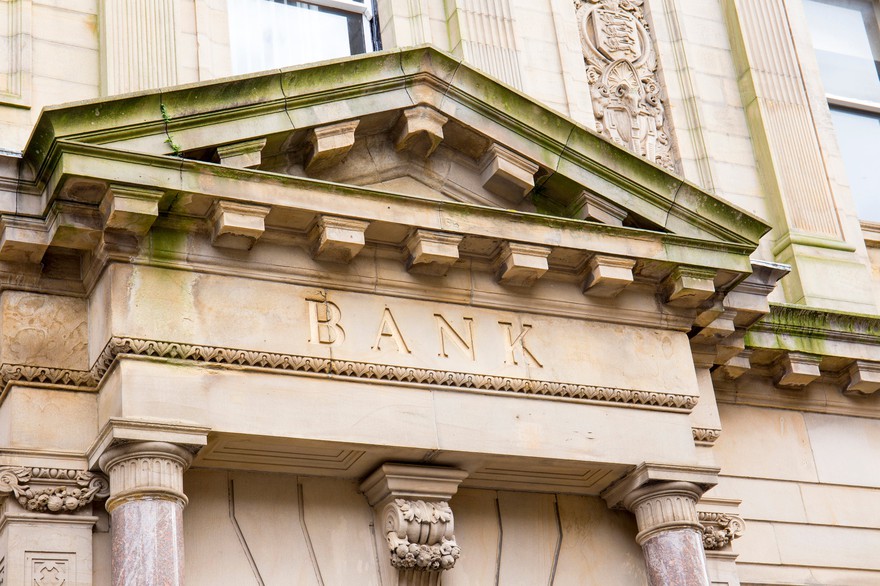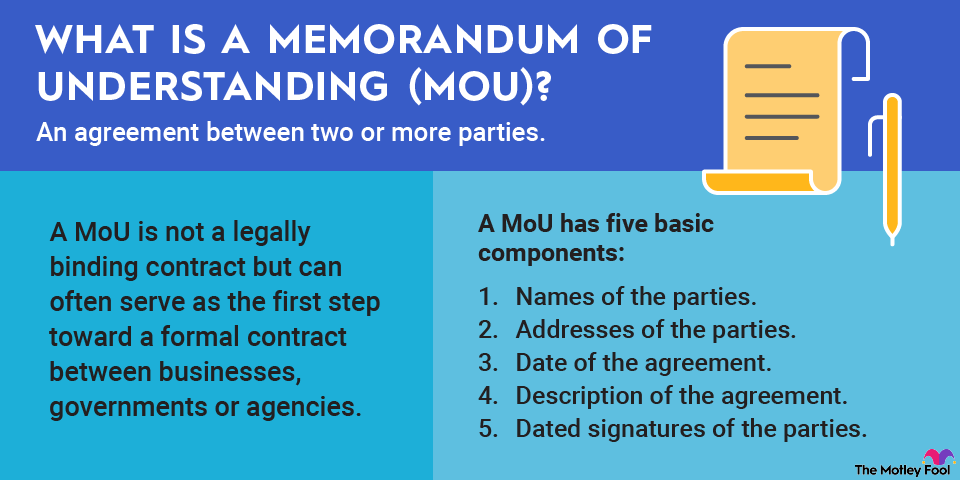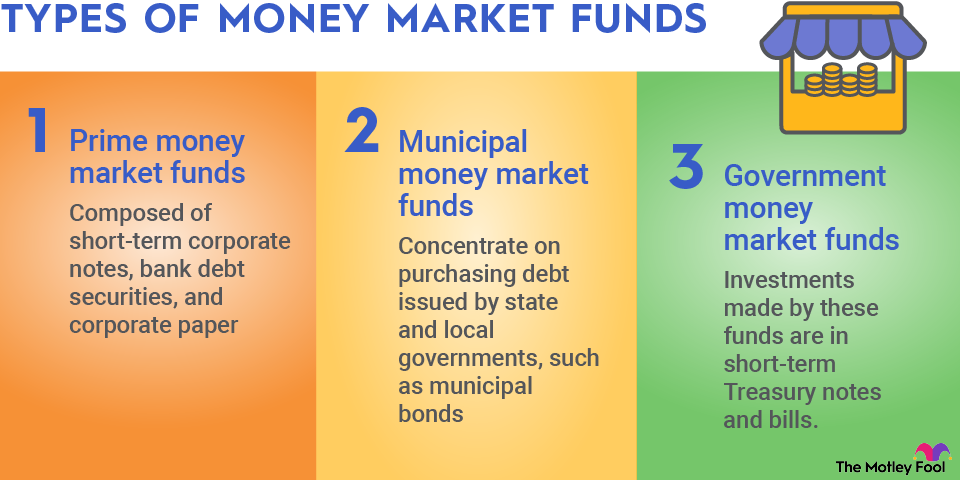Many different types of banks operate in the modern economy, from small local banks to the biggest banks on the planet. Understanding the difference is important when you're making investment decisions. Money-center banks are just one type of bank that you may be considering buying shares of, but do you know what they are and what they do?

What are money-center banks?
Differentiating between banking types can be really difficult, especially when extremely large banks have different types of banking branches, all under the same corporate umbrella. Money-center banks are banks that are structured like traditional banks but are heavily involved in commercial banking with governments, large corporations, and other banks. They also have locations in major financial centers across the globe.
These banks have enormous balance sheets and help to facilitate large transactions across global markets. Their role in international trade and incredible reach cannot be understated, which is why many were dubbed "too big to fail" during the 2008 financial crisis and Great Recession.
What do money-center banks do?
Money-center banks are involved in many different activities, including:
- Corporate banking. Money-center banks offer a range of services to their multinational corporate customers that include money management, lending, and trade financing.
- Investment banking. Underwriting securities, facilitating mergers, and advising on capital-raising strategies are also roles of money-center banks.
- Foreign exchange services. Money-center banks can act as a financial bridge across countries, offering currency trading and providing liquidity for the global foreign exchange markets.
- Securities trading. All kinds of securities are issued and traded through money-center banks, including equities, bonds, and derivatives.
Money-center banks versus traditional banks
At first glance, it may seem like money-center banks do pretty much the same thing that more traditional banks do. The difference is largely the clientele of a money-center bank vs. a main-street retail bank.
A traditional bank tends to cater to small businesses, families, and individuals; money-center banks offer similar services to global conglomerates, governments, and the occasional high-net-worth individual.
It gets very confusing when you realize that the same bank that's functioning as a traditional bank in your city is also acting as a money-center bank in a major financial hub. Wells Fargo (WFC -0.12%), Bank of America (BAC +0.30%), Citigroup (C -0.57%), and JPMorgan Chase (JPM +1.00%) are all examples of banks that do both. They can do this by having designated arms that function differently and are meant for different client bases.
Related investing topics
Why do money-center banks matter to investors?
For dividend investors, money-center banks can offer a highly secure investment that has very little potential downside. These banks are so intertwined with the global economy that they are highly unlikely to fail, short of a cataclysmic event (and if that happens, one of the last things anybody is going to be worrying about is their investment portfolio).
Money-center banks are a great way to hedge against losses in riskier types of investments, like tech startups, that offer a huge upside potential but a very significant chance of complete failure. They also pay dividends, so on top of the generally steady growth of stock prices, you will get a monthly payout that can provide income to live on.


















